WORSHIP REFLECTIONS are weekly devotionals based on worship songs/hymns. Our hope is that this content encourages your love and adoration of Christ Jesus as you grow in closer communion with Him through personal worship.
Lester Ruth, Author/Research Professor of Christian Worship at Duke Divinity School, presents this worship song devotional based on the Charles Wesley song "Arise, My Soul, Arise".
Romans Chapter Three: "There's no one who is righteous, not even one."
I want to speak to you about a hymn, "Arise, My Soul, Arise," that should be learned and meditated upon in conjunction with this hymn and other Bible passages like this that are just brutally honest about the evil and the sin that humans commit. It's a hymn not based on this verse, it's a hymn based on other verses that provide the solution to the problem of human evil and sin. Like I said, that hymn is "Arise, my soul, arise."
It's a fusion of an image from the book of Romans, of Christ being the constant intercessor for us in the heavenly realm at the right hand of God, and the image of Christ from the book of Hebrews, where he's the great high priest able to offer the sacrifice that fully atones for the human race.
Charles Wesley, the hymn writer for this hymn, fuses those images together and puts together a piece that's intended to calm the disquieted soul, the human spirit that's overwhelmed with a sense of burden of guilt, wondering if they'll have any chance with God, and just mesmerized or contemplating or just fearful that they can have assurance before God, who is holy and just and righteous. Have no fear, this hymn says, God himself has supplied the answer: Jesus Christ, the crucified.
But this hymn, "Arise, My Soul, Arise," is not merely a pointing back to the crucifixion of Christ - it's the pointing up to the ongoing work of Jesus in heaven. My kind of snarky way of saying it is that since his resurrection and ascension Jesus has not gone on vacation, and Jesus has not gone into retirement. What he is doing in heaven is a continuation of His redeeming ministry. And that's what this hymn gets at in an earnest appeal to the human heart to draw comfort from what Jesus is doing and who Jesus is. Let me read it to you slowly, offering a few comments here and there, so you can see what it is that I like so much - love, actually - about this hymn.
"Arise, My Soul, Arise, shake off your guilty fears, the bleeding sacrifice on my behalf appears / before the throne, my surety stands, my name is written on his hands."
It's a wonderful vision of Jesus Christ appearing before the throne of God as our guarantee of salvation - that's what "surety" means.
Verse two: "He ever lives above, for me to intercede / his all redeeming love His precious blood, to plead / his blood, atoned for all our race, and sprinkles now the throne of grace."
There's a sense that there's an activeness to the blood of Jesus, even in heaven.
Verse Three: "Five bleeding wounds he bears." Notice, they're still continually bleeding. Wesley has a little bit of an ambiguous time wordplay there. "Five bleeding wounds he bears received on Calvary, they pour effectual prayer" - that is, the bleeding wounds - "they strongly speak for me / Forgive him, Oh, forgive they cry, nor let that ransom sinner die."
In other words, the two wounds in his hands, the two wounds in his feet and the wound in his side, Wesley is saying are actively petitioning the ear of God the Father to forgive us.
Verse Four: "the Father hears him pray, his dear Anointed One, he cannot turn away the presence of his son. His Spirit answers to the blood and tells me I am born of God."
I love this verse especially, because it brings in all three persons of the Trinity as being active in this redemptive ministry. The Father hears the prayer and grants pardon. The Son offers himself in his bleeding wounds as the basis for the pardon. And the Spirit is sent to come and bear witness within us, that we indeed were born of God and we are the children of God. It is as if the entire Triune God gang-tackles the problem of human evil and sin. And, in a common solution, all three, Father, Son and Holy Spirit, provide reconciliation, salvation, and pardon us.
The final verse is just kind of like the icing on the cake. "God owns me for his child, his pardoning voice I hear. In Jesus reconciled, I can no longer fear. With confidence, I now draw near and “Father, Abba, Father” cry. If the hymn began with a soul that was burned by guilty fears, this hymn ends as it should, as does the way of salvation, with the sense of our assurance, and the joy that can come from that. "With confidence I now draw nigh and “Father, Abba, Father” cry.
Thanks be to the Father who grants the pardon and hears the Son. Thanks be to the Son who offers himself and thanks be to the Spirit who bears witness within our own hearts. I hope you've drawn some comfort from this hymn by Charles Wesley.

